JERUSALEM — Like most parents of newborns, Hanan and Fathi Beyouq’s faces light up when they see their triplets’ faces.
As the small face of their daughter Najwa emerges from under a pink blanket, their voices rise with excitement as they blow kisses and coo her name.
But unlike other parents, Hanan and Fathi can only see their babies through a cellphone screen.
Hanan’s pregnancy was considered high risk, so Israel allowed her to leave Gaza briefly in August to give birth at the Makassed Hospital in East Jerusalem. The three baby girls were born premature, at 31 weeks, on Aug. 24 and put on respirators. But Hanan, 23, had to return to Gaza when her travel permit expired three days after she delivered and leave the newborns behind.
The babies were ready to be discharged shortly before Hamas attacked on Oct. 7, and Hanan was making plans to travel back to pick up her daughters in person. But suddenly, Gaza was sealed off, becoming a war zone. That left the Beyouqs unable to retrieve their babies.
“She is my soul, my star,” said Fathi, forehead to forehead with his wife as they crowded around the phone in their home in southern Gaza for a glimpse of one of their three daughters at a hospital some 60 miles away.
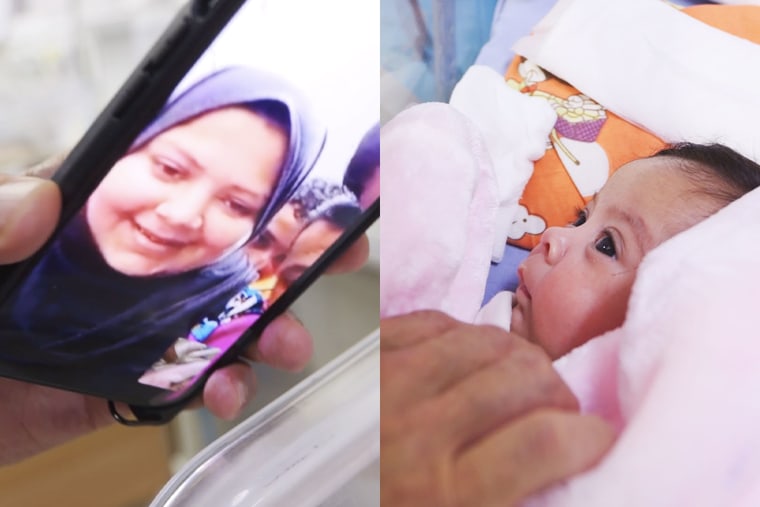
Fathi has yet to meet his girls, now nearly 15 weeks old.
NBC News visited the babies — Noor, Njmeh and Najwa — at the hospital in Jerusalem on Sunday, where they were just waking up, snugged under blankets. While there, the crew was able to reach Hanan and Fathi for a precious peek at their girls.
The same day, NBC News’ crew in Gaza spoke with the family in the southern city of Khan Younis, where the couple showed baby clothing they had bought for their daughters before the war — a little trove of delayed happiness: colorful socks and matching purple onesies with strawberries stitched onto their collars. Most of it is still in plastic packaging, waiting for the girls to come home.
“The war separated us,” Hanan said, tears pouring down her face. “As a mother, I wish I could hug my girls.”
But although they miss their babies dearly, the Beyouqs don’t think there is any way to reunite until there is a new truce or the war ends.
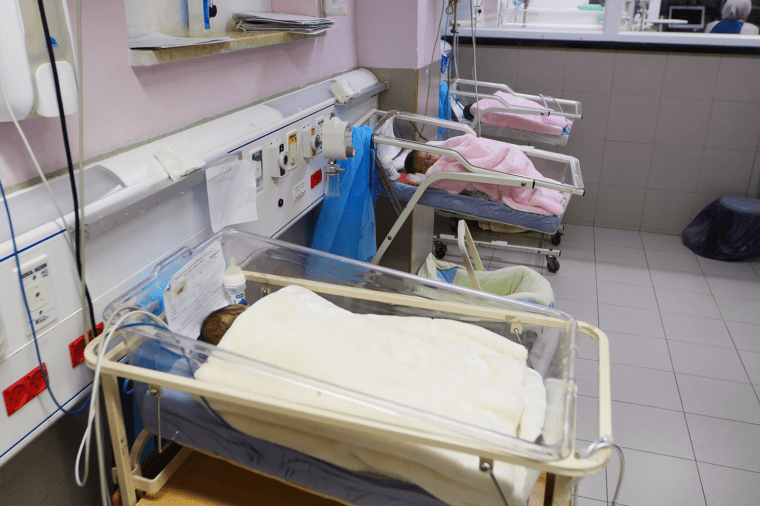
“It is more safe there,” Hanan said, when asked if there is a chance she could take the babies back. “Here the situation is very bad. We can’t provide them with milk or diapers or even food for ourselves.”
Before the conflict, Israel allowed residents of the Gaza Strip to apply for humanitarian entry permits for certain medical reasons, such as lifesaving treatment unavailable in the enclave, but the war has upended such processes. The Beyouqs are now crammed with five other families into a small house in Khan Younis, which has been under Israeli bombardment since the cease-fire ended last week. They say they barely have anything to eat or drink.
Neither the Israel Defense Forces nor COGAT, Israel’s military liaison with the Palestinians, responded to a request for comment about situations like the one the Beyouqs face.
Gaza has been under a complete blockade by Israel since October, with very limited humanitarian aid trickling in. Many of its hospitals have run out of medicine and electricity to care for their patients, including premature babies.
Dr. Hatem Khamash, head of the neonatal unit at the Makassed Hospital in East Jerusalem, said there is currently no safe place in Gaza, and the girls’ chances of survival under bombardment and without proper medical care or clean water are slim.
“How are they going to get water for the milk?” he said, referring to baby formula. Using impure water in formula can prove fatal to infants.
“So definitely it’s safer for them to stay here,” he said, standing next to the babies’ cribs.
Hospital staff are doing what they can to attend to the triplets, but the girls badly need their parents’ love and touch — which is all the more crucial for premature babies, Khamash said.
He explained that staff members are trying to keep the Beyouqs up to date on the girls’ condition and send them pictures, but intermittent internet connection and phone service in Gaza mean those updates are few and far between.
“They send me their photos so I feel good, but it’s not like hugging them,” Hanan said.
While the Beyouqs wait in desperation, Israel is expanding its ground offensive in southern Gaza. Hamas authorities have been reporting hundreds of casualties since the fighting resumed, and the IDF has urged people in certain areas of the south to evacuate. But Gazans, many of whom had already fled from the north to the south, increasingly say there is nowhere safe to go.
The Biden administration, other world leaders and aid groups have all repeatedly urged Israel to minimize the toll on civilians. Israel has consistently said its military does not intentionally target civilians and attempts to minimize civilian casualties in the war, but that its goal remains the complete elimination of Hamas.
Fathi and Hanan said they can’t imagine how they would provide for their daughters in Gaza right now.
“We can’t move or find food, and we are displaced and separated from each other,” Hanan said. “We are just civilians who have not done anything.”
“I want them to come back but I am worried,” Fathi said. “We are at war, we don’t know what may happen … Let them stay there in safety. We wish this war will finish soon, so I can bring my girls back and be with them.”
Richard Engel and Charlotte Gardiner reported from Jerusalem, and Yuliya Talmazan reported from London.

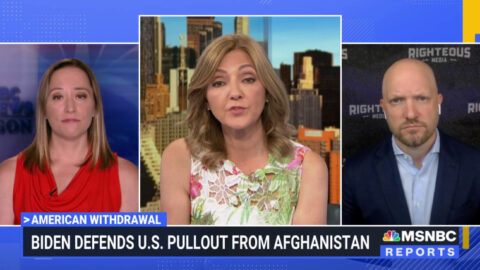



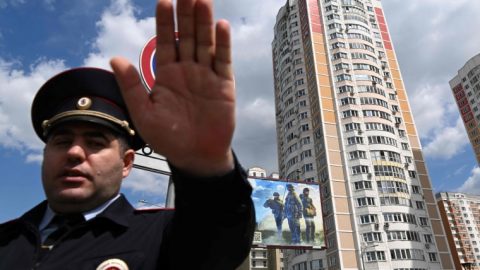
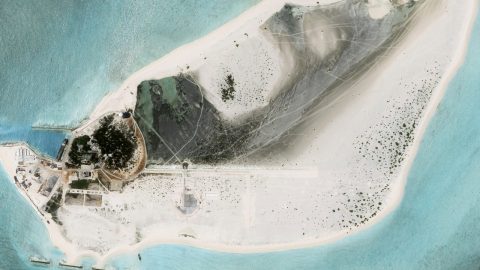
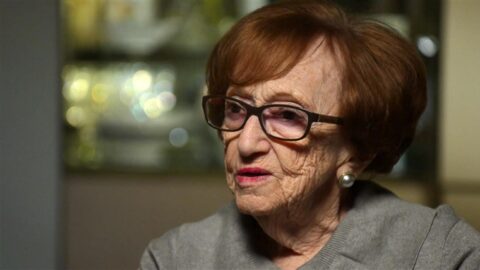
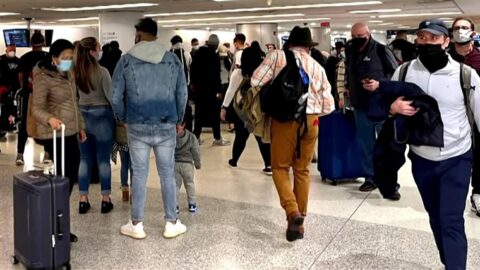
Recent Comments